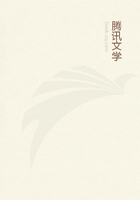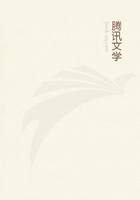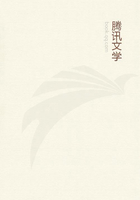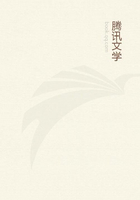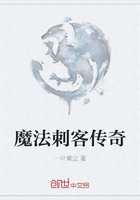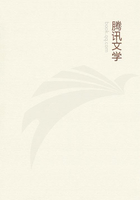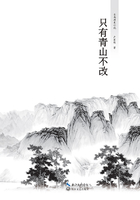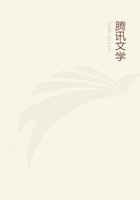On the contrary, one overlooks the irrational. The irrationality consists in the fact that labour itself as a value-creating element cannot have any value, nor can therefore any definite amount of labour have any value expressed in its price, in its equivalence to a definite quantity of money.
But we know that wages are but a disguised form, a form in which for instance the price of one day's labour-power presents itself as the price of the labour rendered fluent by this labour-power in one day. The value produced by this labour-power in, say, six hours of labour is thus expressed as the value of twelve hours' functioning or operation of the labour-power.
M---L is regarded as the characteristic feature, the hallmark of the so-called money system, because labour there appears as the commodity of its owner, and money therefore as the buyer -- hence on account of the money-relation (i.e., the sale and purchase of human activity). Money however appears very early as a buyer of so-called services, without the transformation of M into money-capital, and without any change in the general character of the economic system.
It makes no difference to money into what sort of commodities it is transformed. It is the universal equivalent of all commodities which show, if only by their prices, that ideally they represent a certain sum of money, anticipate their transformation into money, and do not acquire the form in which they may be converted into use-values for their owners until they change places with money. Once labour-power has come into the market as the commodity of its owner and its sale takes the form of payment for labour, assumes the shape of wages, its purchase and sale is no more startling than the purchase and sale of any other commodity. The characteristic thing is not that the commodity labour-power is purchasable but that labour-power appears as a commodity.
By means of M---C< L MP , the transformation of money-capital into productive capital, the capitalist effects the combination of the objective and personal factors of production so far as they consist of commodities. If money is transformed into productive capital for the first time or if it performs for the first time the function of money-capital for its owner, he must begin by buying means of production, such as buildings, machinery, etc., before he buys any labour-power. For as soon as he compels labour-power to act in obedience to his sway, he must have means of production to which he can apply it as labour-power.
This is the capitalist's presentation of the case.
The labourer's case is as follows: The productive application of his labour-power is not possible until it is sold and brought into connection with means of production. Before its sale, labour-power exists therefore separately from the means of production, from the material conditions of its application. In this state of separation it cannot be used either directly for the production of use-values for its owner or for the production of commodities, by the sale of which he could live. But from the moment that as a result of its sale it is brought into connection with means of production, it forms part of the productive capital of its purchaser, the same as the means of production.
True, in the act M---L the owner of money and the owner of labour-power enter only into the relation of buyer and seller, confront one another only as money-owner and commodity-owner. In this respect they enter merely into a money-relation. Yet at the same time the buyer appears also from the outset in the capacity of an owner of means of production, which are the material conditions for the productive expenditure of labour-power by its owner. In other words, these means of production are in opposition to the owner of the labour-power, being property of another. On the other hand the seller of labour faces its buyer as labour-power of another which must be made to do his bidding, must be integrated into his capital, in order that it may really become productive capital. The class relation between capitalist and wage-laborer therefore exists, is presupposed from the moment the two face each other in the act M---L (L---M on the part of the laborer). It is a purchase and sale, a money-relation, but a purchase and sale in which the buyer is assumed to be a capitalist and the seller a wage-laborer. And this relation arises out of the fact that the conditions required for the realisation of labour-power, viz., means of subsistence and means of production, are separated from the owner of labour-power, being the property of another.
We are not concerned here with the origin of this separation.
It exists as soon as M---L goes on. The thing which interests us here is this: If M---L appears here as a function of money-capital or money as the form of existence of capital, the sole reason that money here assumes the role of a means of paying for a useful human activity or service; hence by no means in consequence of the function of money as a means of payment.
Money can be expended in this form only because labour-power finds itself in a state of separation from its means of production (including the means of subsistence as means of production of the labour-power itself), and because this separation can be overcome only by the sale of the labour-power to the owner of the means of production; because therefore the functioning of labour- power, which is not at all limited to the quantity of labour required for the reproduction of its own price, is likewise the concern of its buyer. The capital-relation during the process of production arises only because it is inherent in the act of circulation, in the different fundamental economic conditions in which buyer and seller confront each other, in their class relation. It is not money which by its nature creates this relation; it is rather the existence of this relation which permits of the transformation of a mere money-function into a capital-function.

